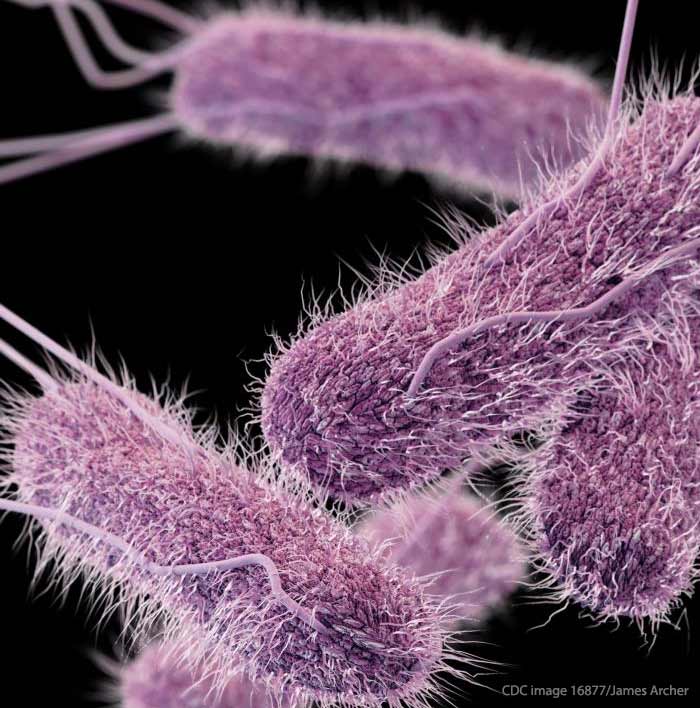Researchers at the University of Georgia’s Poultry Diagnostic and Research Center have discovered how ground turkey may become contaminated with Salmonella bacteria. They have found that Salmonella on the bird’s skin may be a “significant contributor to ground turkey contamination.” Turkey skin is often used as a source of fat when manufacturers make ground turkey since the muscles are so lean.

The study was presented at the 2017 annual meeting of the American Association of Avian Pathologists. That meeting was held in the summer of 2017.
Scientist have believed that cross-contamination with fecal material on the turkeys during processing was the main cause of Salmonella contamination in ground turkey. An earlier study published in the Journal of Food Protection in May 2016 found that the high prevalence of Salmonella associated with then skin of turkey parts could be a source for ground turkey contamination.
In that earlier study, 300 samples per type of turkey parts were collected and tested for Salmonella. Salmonella was found in 13.7% of drumstick skin, 19.7% of thigh skin, and 25% of chicken wing skin.
In the current study, researchers inoculated 1-day-old commercial turkeys with a Salmonella cocktail that contained five different Salmonella Heidelberg strains. Tests for Salmonella were conducted in lymphatics, tibiotarsus (a bone in the chicken’s leg), and in breast skin.
All of the muscle-tissue and tibiotarsus samples tested negative for the pathogenic bacteria. But 30% of the breast-skin samples were positive for Salmonella Heidelberg.
Five major Salmonella Heidelberg outbreaks linked to poultry products between 2011 and 2014 prompted this study. Those outbreaks sickened hundreds of people across the country. But those outbreaks were not linked to ground turkey or ground chicken.
The 2014 Salmonella Heidelberg outbreak was the largest. Those illnesses were linked to chicken produced by Foster Farms. At least 634 people in 29 states and Puerto Rico were sickened from March 1, 2013 to July 11, 2014. Thirty-eight percent of patients were hospitalized, double the normal rate. Four of the seven outbreak strains of bacteria were resistant to several antibiotics.
A 2013 investigation by Consumer Reports fond that more than half of raw ground turkey meat and patties sold at stores in the United States tested positive for fecal bacteria, including Salmonella. The National Turkey Federation disputed those claims.
The message for consumers in all of these studies and outbreaks is to handle raw poultry, including ground turkey and chicken, with caution. These items should always be treated as if they are contaminated. Wash your hands well after handling them, make sure they do not cross-contaminate utensils, work surfaces or other foods, and cook them to safe final internal temperatures. All ground poultry should always be cooked to 165°F as tested with a thermometer.




